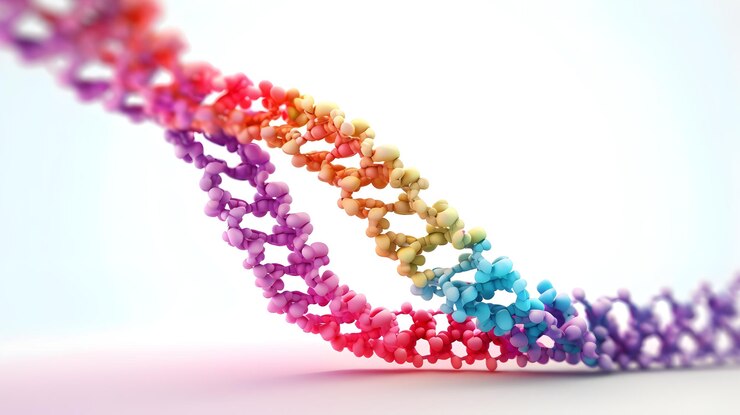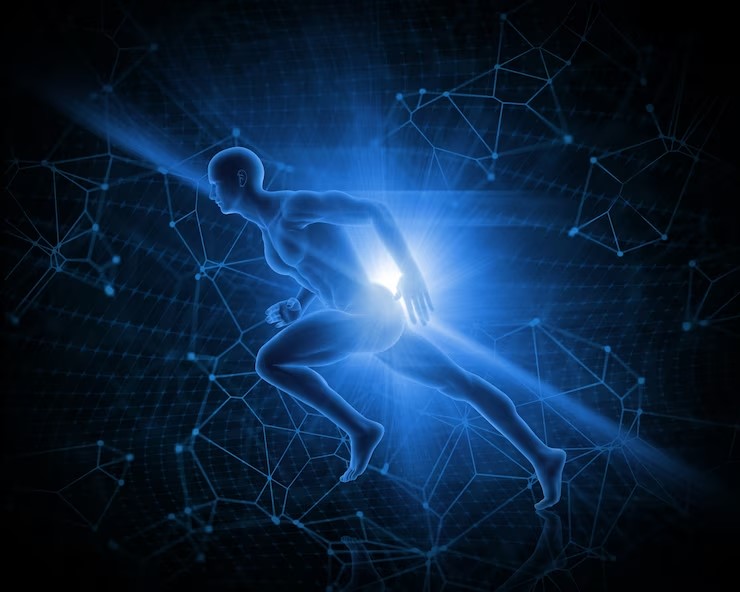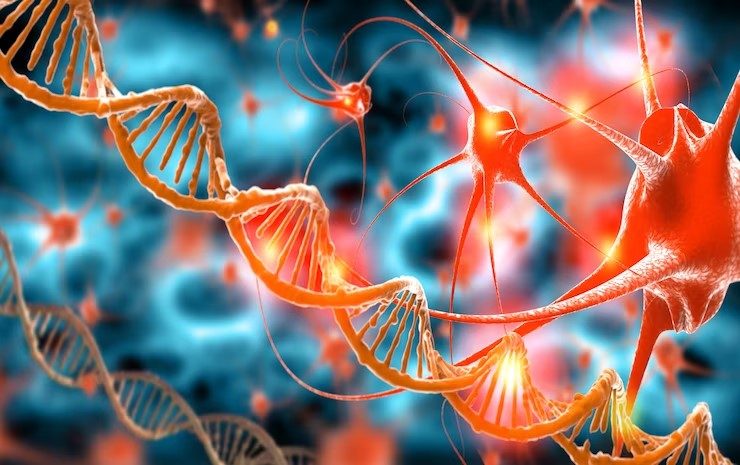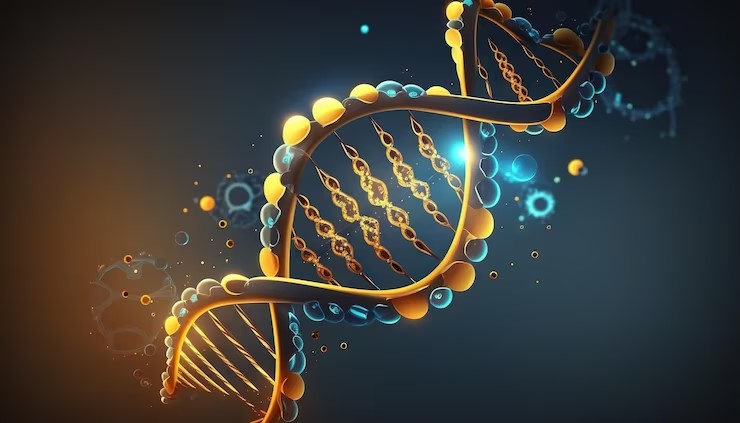
The use of Human Growth Hormone (HGH) for medical purposes began in the 1950s only for bona fide GH deficiency; since then its uses have evolved from one to more than a dozen. However, before going for GH therapy following things should be contemplated upon:
- Cost:
HGH therapy, like any other hormone replacement therapy, is expensive. The cost is about $15,000 per year or $1000-5000 a month. HGH injections are particularly costly. Some factors that influence cost are the brand of HGH to be injected, the time span of the therapy, and how deficient you in growth hormone. However, the basic reason for this exorbitant cost is manufacturing as GH is produced by genetic engineering and involves the use of sophisticated apparatus, precise measurements, and a skilled workforce. Moreover, only a handful of pharmaceutical companies produce GH, and there is little competition in the market, and this further fuels the prices. These costs clear the way to the opportunists who sell pills to increase the production of growth hormone in your child. Many parents easily fall prey to such hoaxes.
Nonetheless, most insurance companies do provide support against the immense cost of this therapy. However, to claim this insurance the patient needs to go through several tests, and the purpose of this treatment should also strictly be medical.
- The credibility of the Selected Endocrinologist:
Once a child is diagnosed with GH deficiency or any other illness against which GH therapy has been approved effective, the family is likely to see a specialist doctor. The doctor should inform the family of all pros and cons of the therapy. Any omission of long-term side effects on the part of the doctor before commencing the therapy can be sued.
If one decides to go for this treatment, the doctor becomes even more significant. The doctor has to decide what brand of injectable GH shall be used, what should be the effective dose, how long shall the therapy continue, and most importantly, to detect the onset of any side effect that may become serious or disabling eventually. There are many reasons why many people may want to discontinue GH therapy without completion, it is then onto the doctor to weigh the positive and negative effects of the treatment and give an utterly honest opinion for the benefit of the patient.
- Potential Side Effects:
If administered without taking proper caution, growth hormone use may have some serious ramifications. According to the studies conducted by the pituitary networks association, HGH therapy may cause cardiovascular disorder, diabetes, hypertension and carpal tunnel syndrome, malfunctioning of the thyroid gland, sleep apnea, soft tissue swelling, high cholesterol levels among others. A more common and less serious side effect of long-term/high dose GH use is gynecomastia which is generally referred to as ‘man-boob’.
On the other hand, when GH is used merely as a performance-enhancing drug or an anti-aging substance, the consequences can be far more detrimental. The buyers, who mostly levitate towards online websites to buy GH injectables without consultation from a doctor, are often tricked into buying something other than HGH and such samples that are smuggled across countries have also indicated a dangerously high presence of trace metals which may pave the path to an immediate and painful death.
- GH therapy- myths vs. reality:
Production and commercialization of anti-aging and rejuvenation products is a multi-billion dollar industry. Manu magazines and tabloids have stated that Human Growth Hormone Therapy makes you feel 10 years younger. These claims have further been fortified by many celebrities.
Yet, GH therapy is by no means an elixir for youth and energy. No scientific literature reinforces this belief in the support of HGH intake. Many positive effects are felt due to improvements in the general well-being of a person, a better diet, and exercise while undergoing GH treatment. There is also widespread use of HGH supplementation in athletes. Though HGH does increase fat-free muscle bulk it does not necessarily increase strength and endurance; the potential long-term side effects add insult to the injury. Hence, it is immensely important for us not to glorify the claims of the media industry but to do excessive research before going for this therapy.
- What if the treatment doesn’t work?
HGH therapy is by no means fool-proof at this stage and has several pitfalls to it. Clinical studies on HGH therapies have largely been small and short in time, so there is very little information available on the long-term effects. There have been myriads of reported cases where parents spent large sums of money on HGH therapy with regular visits to endocrinologists but did not get the desired results against many chronic illnesses.
It takes about 3 to 6 months to realize even minor height differences. This may dishearten the patients and people may feel it necessary to discontinue the therapy. Regular visits to the clinic, financial burden if accompanied by the potential side effects or ineffectiveness of the therapy, can send the sufferer into the gutters of depression. Many become aloof and may also develop body dysmorphic disorder (a mental health disorder in which sufferer can’t get his mind off a flaw that may be minor or not even noticeable by others) because of the changes in their bone structure because of GH therapy. This treatment is a double-edged sword. In many cases, it is highly successful and in others, it has produced ghastly effects. So, it is extremely important to make an informed decision.
SIMILAR QUESTION
Can You Increase Your HGH Through Exercise?
Human Growth Hormone has been known to increase muscle mass and strengthen them, but can it be triggered and increased through exercising? Read more to learn if exercising and what kind of it can increase Human Growth Hormone.
Exercise is an effective way to boost human growth hormone naturally as it helps reduce body fat, particularly in the belly, which hampers the production of the hormone. Regular exercise also improves cognitive skills, mood, and stamina, regulates blood sugar and insulin, strengthens bones and muscle mass, and reduces the risk of diabetes and heart failure.
7 men aged 21-29 years who had been exercising fairly often, having been approved by the Human Investigation Committee, participated in a study conducted by J.A. Kanaley et al. (1997) at General Clinical Research Center who intended to find out the response of HGH from aerobic exercise.
The subjects were required to have their medical history and physical fitness examined, and have morning work schedule only. They were also forbidden to smoke even once, take any kind of medicine, travel in the last 8 weeks, and train 24 hours prior to each study exercise section.
The evaluation was done for three days in different phases:
- The subjects exercised every 1.5 hours (10.00, 11.30, 13.00), referred to as “sequential phase”
- Every 4 hours (10.00, 14.00, 18.00): “delayed phase”
- No exercises at all: “control phase”
Each exercise lasted for 30 minutes. They had to eat meals consisting of 55% carbohydrate, 15% protein, and 30% fat at 06.00 and 22.00. HGH was administered through injections before and 1 hour after exercise and rated every 5-10 minutes, and their blood was taken as samples every 10 minutes in a day.
From the study, it was discovered that the amount of HGH significantly increased when the subjects exercised at sequential and delayed phase, whereas there was no change of the number at all during the control phase and sleep (23.00 – 07.00). The researchers then drew a conclusion in that HGH was progressively released when people exercised within certain periods of time.


